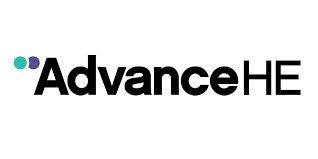As Advance HE convenes a steering group to consider how higher education measures and reports its purpose, performance and value to students, staff, and society, I welcome a thought piece by Phil McNaull, Strategic Finance Consultant, Executive Coach and former Finance Director at the University of Edinburgh, which challenges leadership teams to consider their ways of working and the tools that might help. Phil reflects on what progress four institutions have made in using an ‘Integrated Thinking and Reporting’ approach, considers the sector appetite to better articulate value to stakeholders over that time, and summarises what has happened in the world of reporting to more easily make that step.
In my view, reporting impact and value is critical for organisations which exist for the public good. They need to be accountable to their stakeholders, their eco-system, environment and society. Being accountable to your environment may be a difficult concept, but it is only if we consider the precious use of all our resources whether they be our people, our intellectual capital, our estates or our financial assets through the lens of accountability that we can really become sustainable institutions.
In a round table in 2022 chaired by HEPI, senior leaders and policy experts reflected that, “The evidence and metrics that governing bodies and senior executives have do not always build a comprehensive picture of what it means to be a healthy, inclusive and sustainable institution.”
This is further validated from insights gained from board effectiveness reviews delivered by Advance HE, which include observations, interrogation of Board and Committee papers and a benchmarking survey where institutions self-score. Responses from Board members suggest that governing bodies lack confidence about assurance of performance and that they often lack holistic oversight. We see a disconnect between the biggest issues for the sector and what many boards use to measure progress and success. In a recent (2020) survey of governance practices, board members commented on key performance indicators – 90 per cent highlighted the use of metrics on finances and student outcomes, but fewer than a third cited student wellbeing and only 20 per cent mentioned staff wellbeing or civic engagement.

